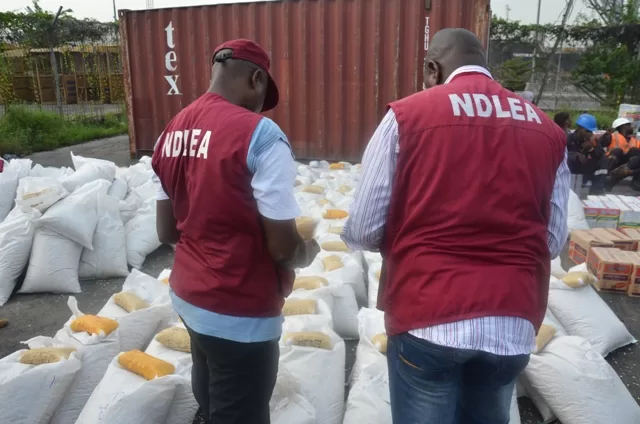Mr. Guterres, said, the meeting was held to develop a common international approach, not to recognise the de facto Taliban authorities.

Suhail Shaheen, the head of the Taliban Political Office in Doha, has said meeting without IEA is “unproductive and sometimes counterproductive”.
The Taliban has warned that the UN-led closed-door talks on Afghanistan in Qatar could be “counterproductive” after being barred from attending.
The second day of meetings with special envoys from 25 countries for a candid and constructive exchange of views on Afghanistan began with UN Secretary General Antonio Guterres.
The Taliban had not been invited.
Suhail Shaheen, the head of the Taliban Political Office in Doha, stated, “Any meeting without the participation of IEA [Islamic Emirate of Afghanistan] representatives, the main party to the issue, is unproductive and sometimes counterproductive”.
“How can a decision made at such meetings be accepted or implemented if we are not involved in the process?” It is unjustified and discriminatory.”
Today Is Not The Right Time
However, Mr. Guterres, said, the meeting was held to develop a common international approach, not to recognise the de facto Taliban authorities.
He did not rule out future meetings with the Taliban, but stated that “today is not the right time”.
Because of this Concerns about the country’s stability were growing, and participants agreed on the need for an engagement strategy that allows for Afghanistan’s stabilisation.
“We cannot disengage in order to achieve our goals,” Mr. Guterres said.
Also, Pakistan’s State Minister for Foreign Affairs, Hina Rabbani Khar, who attended the meeting, said threatening or further isolating the Taliban is not a practical approach for countries seeking to alleviate Afghanistan’s humanitarian crisis or ease restrictions on women and girls.
According to Daniel Forti, senior analyst at the Crisis Group, the Doha meeting “managed to offend not only the Taliban, which is angry that it has been excluded, but also Afghan civilians inside and outside the country, who believe their views are being ignored by the UN”.
According to Mr Forti, UN officials and Security Council members have agreed that it is preferable for elements of the world body to remain in the country rather than leave.
“One important outcome from Doha would be if everyone communicates this to the Taliban in no uncertain terms,” he said.
Provision Of Humanitarian Aid
Mr. Guterres confirmed that the UN would remain in Afghanistan to provide humanitarian aid, but he warned of a significant shortfall in financial pledges for this year’s humanitarian appeal.
“Throughout the past decades, we stayed and we delivered. And we are determined to seek the necessary conditions to keep delivering,” he said.
The appeal is a little more than 6 per cent funded, falling short of the $4.6 billion requested for a country in which 97 per cent of the population lives in poverty.
“Two-thirds of the population — 28 million — will need humanitarian assistance this year to survive. Six million Afghan children, women and men are one step away from famine-like conditions,” he said.
UN spokesman Farhan Haq said on Tuesday that the people of Afghanistan “cannot afford to not have the full support of the international community”.
Haq said: “We have to find a way where despite all of the many concerns about the de facto authorities, we make sure that the people of Afghanistan do not suffer as a result of what’s happened over the past few years”.

